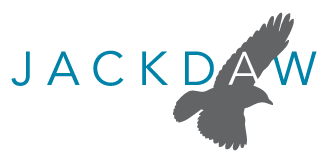Following the raft of new products and price changes announced by Apple this evening, Jan Dawson, Chief Analyst at Jackdaw, has the following initial comments:
“As expected, Apple took some cues from the iPad Mini in launching the new iPad Air, which is thinner and lighter, while adopting many of the internal improvements first seen in the iPhone 5S. This represents a good enough boost to the previous version to trigger good upgrade sales and get iPad shipments growing again, which was a key objective for this launch. However, the company also took a step back from the strategy it adopted when it launched the first iPad Mini. When that device launched, it was with a sub-par display and specs that matched the older iPad 2. The new iPad Mini and iPad Air both have top-of-the-line specs, and start at $399, meaning that the minimum price for a high-performance iPad has actually gone up. Meanwhile, the iPad 2 and iPad Mini will remain on sale at lower prices, but with significantly less appeal given the gap in specs between them and the new iPads. It seems as though Apple is trying to push average selling prices for iPads back up again after they’ve dropped steadily over the past year. Both devices should sell very well, especially over the holiday period, but Apple held off being as disruptive as they might have been by pricing them relatively high.
“This is the clearest statement Apple could have made that it is only interested in competing in the premium tablet space. The yawning gap between the specs of the cheaper iPad Mini and iPad 2 and the new iPads signifies that it is only willing to compete at the lower price points with older models. This leaves a huge chunk of the tablet market unserved by Apple while others such as Google, Amazon and a raft of others aggressively target the sub-$400 market. This reinforces our view that Apple’s share in tablets will continue to fall as Android’s share rises over the coming years.
“Though the iPad news will generate the headlines, the changes to Apple’s software licensing for Mac OS X, iLife and iWork is also important, not least for Microsoft. Microsoft generates 96% of its operating margins from operating system and productivity software licensing, and Apple is now teaching people to expect both of those things to be free. While this won’t disrupt Microsoft’s business overnight, it will create further pressure on Microsoft to bring down prices for its productivity software and especially for Windows.”
